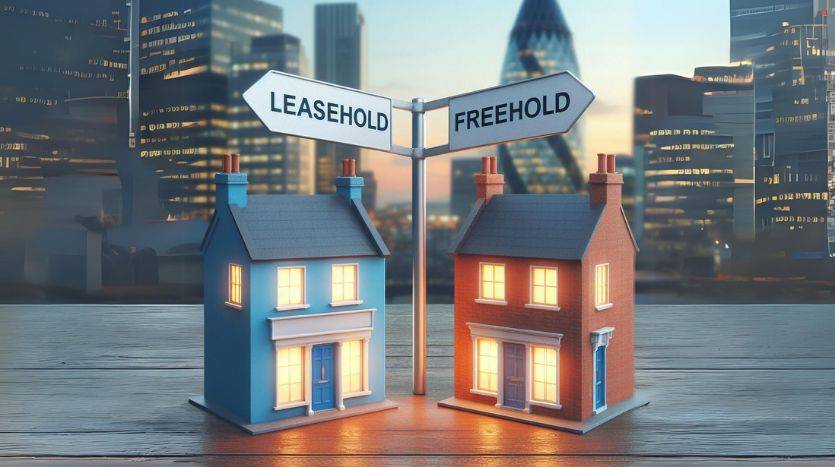Leasehold Properties in Dubai: A Smart Choice Over Freehold
Dubai, renowned for its futuristic skyline, vibrant lifestyle, and burgeoning economy, has long been a beacon for real estate investors worldwide. With its diverse range of properties, investors often find themselves weighing the pros and cons of leasehold properties versus freehold properties. In this blog, we’ll delve into why buying property in Dubai’s leasehold areas might be the optimal choice for investors seeking long-term value and stability.
Understanding Leasehold Properties and Freehold Properties:
Before diving into the comparison, it’s essential to grasp the distinction between leasehold and freehold properties. In Dubai, freehold ownership grants the buyer complete ownership of the property and the land it sits on, with the right to sell, lease, or rent as desired. Conversely, leasehold ownership entails possessing the property for a set duration, typically between 30 to 99 years, after which ownership reverts to the landowner.
Why Choose Leasehold in Dubai:
- Affordability: Leasehold properties in Dubai often come at a more accessible price point compared to freehold properties, making them an attractive option for first-time investors or those with budget constraints. Lower initial investment requirements can enable investors to diversify their portfolios or enter the market with reduced financial risk.
- Prime Locations: Many leasehold developments in Dubai are strategically located in prime areas, offering residents convenient access to amenities, transportation hubs, and leisure facilities. These areas often undergo rapid development, resulting in increased demand and potential for capital appreciation over time.
- Long-Term Planning: Leasehold arrangements provide investors with a clear understanding of ownership tenure, allowing for more effective long-term planning and investment strategy. While freehold properties offer perpetual ownership, leasehold terms are predetermined, enabling investors to assess their investment horizon and exit strategies more accurately.
- Rental Income Opportunities: Leasehold properties can offer lucrative rental income streams, particularly in high-demand areas or during peak tourist seasons. Dubai’s status as a global business and leisure destination ensures a steady influx of tenants seeking short-term or long-term accommodations, making leasehold investments a viable income-generating asset.
- Developer Guarantees: Developers of leasehold properties in Dubai often provide attractive payment plans, post-handover payment options, and guaranteed rental yields, enhancing investor confidence and mitigating financial risks. Additionally, stringent regulations imposed by Dubai’s Real Estate Regulatory Agency (RERA) offer further assurances regarding project quality and completion timelines.
- Bonus: An insider from our sources for those who made it to the end of this blog! Insider information from our sources reveals that numerous leasehold areas in Dubai are undergoing conversion into freehold zones. By paying a one-time fee, typically ranging from 7,000 to a maximum of 20,000, investors can unlock the additional benefits associated with freehold ownership.
Conclusion:
While both leasehold and freehold properties present unique opportunities for investors in Dubai’s dynamic real estate market, opting for leasehold properties can offer distinct advantages in terms of affordability, prime locations, long-term planning, developer guarantees, and rental income potential. By carefully evaluating individual investment objectives, risk tolerance, and market dynamics, investors can make informed decisions to capitalize on Dubai’s thriving property market and unlock sustainable returns over time.


whoah this blog is great i like reading your articles.
Stay up the great work! You realize, a lot of people are searching round for this info, you can aid them greatly.